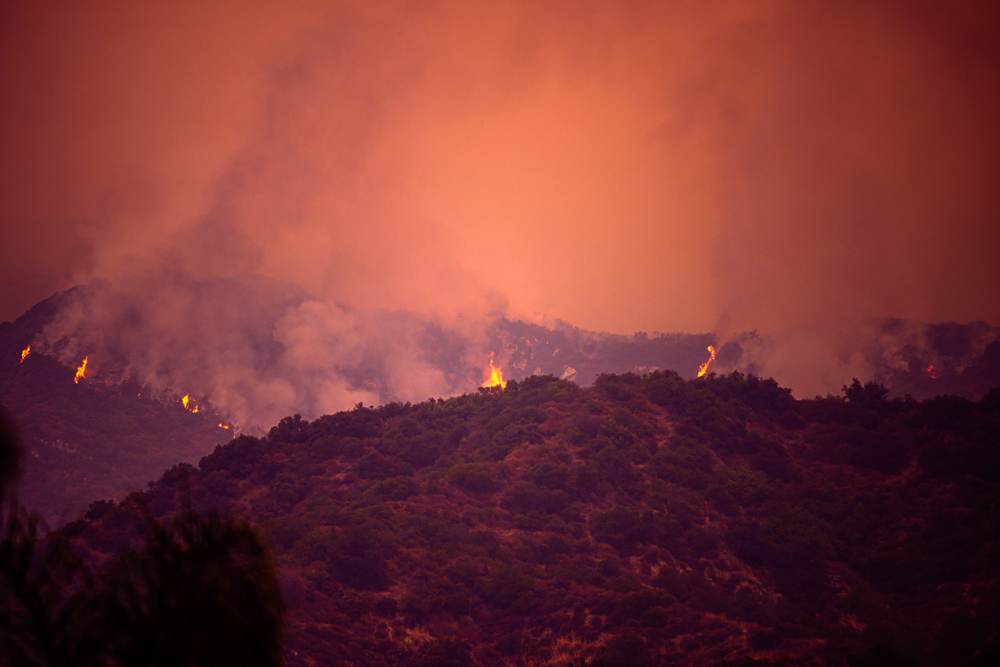Some areas of Brazil went 150 days without rain.
Others are reading now
The Amazon rainforest, often called the “lungs of the world,” is one of the most vital ecosystems on the planet.
It absorbs billions of tons of carbon dioxide each year and plays a key role in regulating the global climate.
Yet, this year, the Amazon has seen its worst fire season in nearly two decades, a grim milestone fueled by both human activity and extreme weather conditions, according to WP.
Also read
People Lost Everything
According to Brazil’s National Institute for Space Research (INPE), 137,538 fires were recorded in the Amazon by early December 2023, a staggering 43% increase from the previous year.
“Many Amazon residents have lost everything — their entire livelihoods,” the institute reported.
Only 2007 saw more fires, with 186,480 incidents.
Most of the fires are linked to deliberate deforestation, often tied to cattle ranching and illegal mining.
While controlled burning is legally permitted in some areas to create farmland or pastures, the scale of this year’s destruction highlights the dangers of unchecked exploitation.
Drought Makes Matters Worse
This year’s fires were worsened by a prolonged drought. Some areas of Brazil went 150 days without rain, leaving the region extremely vulnerable. Brazilian federal officials have acknowledged that they directly control only 30% of the Amazon’s territory, with the rest managed by local governments.
To combat the crisis, Brazil’s federal government partnered with state authorities in the Amazon region, deploying significant resources. The response includes 1,700 firefighting specialists, 11 aircraft, 300 fire vehicles, and over 20 watercraft. Despite these efforts, 578 fires are still raging across the rainforest.
Deforestation is often justified as a means to support local economies and reduce poverty among Indigenous populations. However, this practice exacts a heavy toll on the environment. Organizations like the Food and Agriculture Organization (FAO) stress the need for sustainable solutions to balance economic growth with environmental protection.

